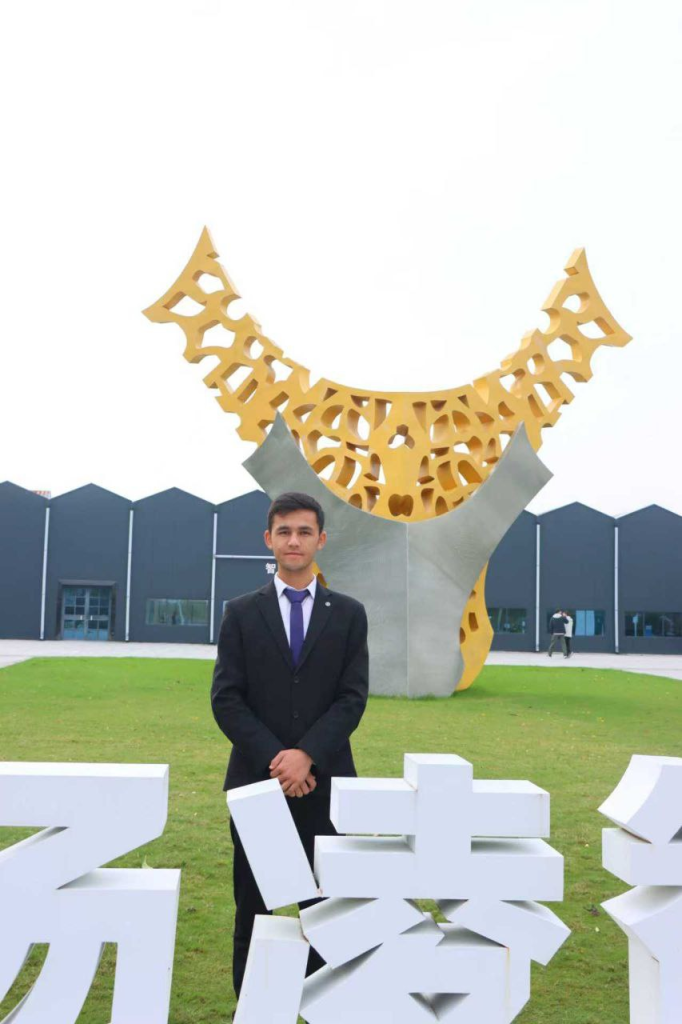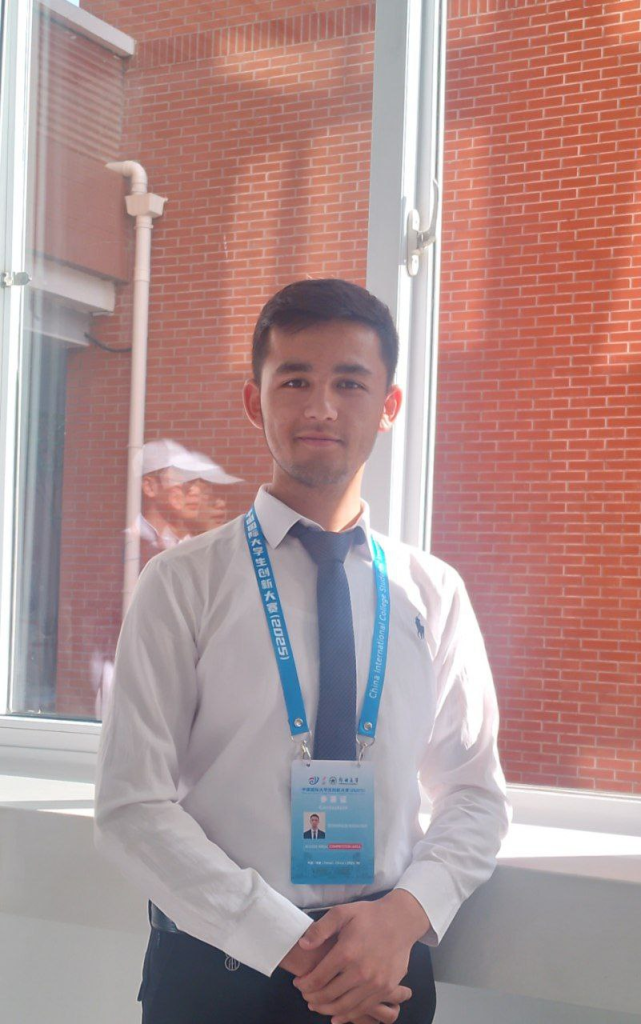THE INTERCONNECTION OF FAMILY AND SOCIETY IN UZBEKISTAN
Abu Rayhan Beruni Urgench State University
Faculty of Socio-Economic Sciences
Field of Study: Jurisprudence
Group: 251
Student: Qurolboyeva Shoxista Olimboy qizi
Email: qurolboyevashoxistaa@gmail.com
ABSTRACT
This article analyzes the essence of the close and inseparable relationship between family and society in Uzbekistan, as well as its social, spiritual, and legal foundations.
Keywords: Family, society, values, sacred institution, family relations, social institution, mahalla.
INTRODUCTION
The family is the fundamental unit of society and a sacred institution. In the main document that drives the life of the country — the Constitution — special emphasis is placed on the family. The Constitution states that the family is the basic unit of society and that every family is under the protection of the state. The role of the family is extremely important in enhancing the spirituality of any state and presenting it to the world, because a person’s pure emotions and human qualities are formed and embodied within the family.
As the most important social institution of society, the family plays a significant role in human development and in the formation of national values. The research highlights the role of state policy and the mahalla institution in ensuring family stability, raising young people as well-rounded individuals, and strengthening social stability. Historically, the nature of family and marriage relations, as well as the attitudes of scholars and thinkers toward these values, have been considered highly important and of great practical significance.
The development of the system of family relations has resulted in a decrease in the number of people entering into marriage and in the establishment of stricter rules for choosing a marriage partner. One of the oldest forms of social organization in human history is the clan or tribe, which originated from a single maternal lineage and united all people descended from a matriarchal line. Essentially, such a clan
represented a matriarchal family that connected all generations descended from the mother. One surviving example of this form is the Russian “matryoshka” doll, which symbolizes the interconnected descent of maternal generations.
A historical approach to family and marriage issues is reflected in the work “Mother Right” by the Swiss scholar J. Bachofen. In addition, the American researcher L. Morgan also expressed evolutionary views on the family in his works, particularly in the book “Ancient Society.” These works demonstrate the idea that the family institution is directly connected with social development, and that the improvement of socio-economic relations in society depends on the stability of the family. It is also emphasized that these changes historically occurred in connection with relations between representatives of different genders.
Family relations are also enshrined in the Constitution and constitute a separate chapter. “The family is the basic unit of society and is under the protection of society and the state. Marriage is based on the traditional family values of the people of Uzbekistan, the voluntary consent of those entering into marriage, and their equality of rights. The state creates social, economic, legal, and other conditions for the full development of the family.” The phrase “the family is the basic unit of society” means that the foundation of
every society is the family. Without the family, neither society nor the nation can exist stably.
Therefore, the Constitution ensures the protection of the family by the state and society, meaning that the state creates conditions for strengthening families. Legal, social, and economic support for families includes benefits for women with children, protection of women, and housing programs for young families. The voluntary nature of marriage — the fact that no one can be forced to marry, and that every man and woman enters into marriage only with their own consent — is an important sign of respect for human rights
and dignity. Society consists of relatively independent but interconnected systems, often referred to in science as subsystems.
These include economic (relations in the process of material production), social (relations between social groups, strata, and classes), political (state institutions and the activities of political parties), and spiritual (moral, religious, cultural, philosophical, and scientific systems). All of these are complex phenomena that, in turn, consist of smaller and more dynamic elements.
As one of the main elements of society, the individual participates in social life as a member of various communities. In this sense, society emerges as a “community of communities.” Society can be analyzed
from different perspectives.
For example, history as a discipline is divided into various specific histories: the history of a particular country, the history of each science, the history of discoveries, the history of regions and cities within a country, the history of socio-political movements and parties, as well as the history of each society and family. Each of these reflects the chronological sequence of events experienced by its object from its emergence to the present.
Society creates all the necessary conditions for the family through education, healthcare, employment, and social protection systems, ensuring family well-being. In turn, the family contributes to social development by raising healthy, morally mature, and patriotic children. Family and society are inseparable concepts.
They complement, strengthen, and develop each other. Harmony, kindness, and mutual respect within each family ensure peace and stability throughout society. Therefore, strengthening the family and
creating a healthy environment within it is one of the most important tasks of society.
CONCLUSION
The role and importance of the family in society are invaluable. A person’s upbringing, values, and worldview are formed first and foremost within the family. As the family is, so is society. If families are strong, caring, and spiritually rich, this positively influences social stability and development. The importance of the family in society is immense because it prepares individuals for social life. Qualities such as diligence, honesty, and patriotism are instilled in children primarily within the family. For this reason, family issues occupy a special place in state policy.
REFERENCES
- Constitution of the Republic of Uzbekistan (2023)
- Vasila Karimova, Family Psychology
- Personality and Society (Methodological guide for AL and KNK students), 201





